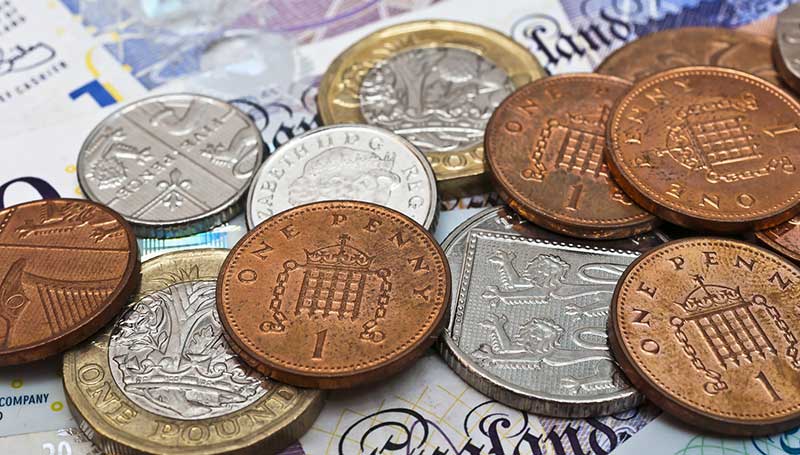15
June 2018
Inflation Holds Steady, Bolstered by Fuel Prices
UK inflation has stayed constant in May at 2.4%, according to data by the office for National Statistics (ONS) published on Wednesday.
Fuel prices leapt by 3.8%, the greatest monthly amount increase for 7 years. This price surge accompanied a month that saw crude oil spike above $80-a-barrel marks twice.
Whilst city economists had forecast that the consumer price index (CPI) would rise to 2.5% due to rising crude oil prices impacting transport costs for consumers, the data showed that recreational and cultural goods did not rise in price as much as last May.
Inflation fall stuck
Falling computer games prices were held partly accountable for offsetting the effects of the fuel price increases on CPI.
However, the fuel costs have stalled the overall fall in inflation rates. Although in November last year CPI inflation jumped to 3.1%, the rate has been decreasing since January. The slump in the value of sterling following the Brexit vote has been cited as a cause for this jump.
Mike Hardie, head of inflation at the ONS, said: “Recent large rises in the cost of crude oil have fed through to prices paid by consumers at the pump. Air fares and ferry prices also contributed to the overall increase in inflation due to the timing of Easter.”
Whilst interest remains focussed on the outlook for the wider UK economy, the consumer will feel the brunt of this delay in the reduction of inflation.
This time last year, a Guardian article quoted a Treasury spokesman saying that “the government is helping families with the everyday cost of living by keeping taxes low, freezing fuel duty and increasing the ‘national living wage’.”
However, rates of inflation look likely to remain high relative to income growth well into 2019.
Future forecasting
Looking forwards, economic forecasting is divided over whether the Bank of England will increase its interest rates.
Alastair Wilson of Zurich said, for The Independent: “With inflation now within touching distance of the Bank of England’s 2 per cent target, the Bank’s Monetary Policy Committee will be feeling less pressure to raise rates, and they may well now hold fire until later in the year,”
Tom Stevenson of Fidelity International said that “if real wage growth continues to stutter, inflation falls back from here, and economic activity remains subdued then we could see the Bank of England put off its decision to raise interest rates to next year.”
Suren Thiru said to The Financial Times as head of economics at the British Chamber of Commerce that “the run of weaker than expected data has undermined the case for the Bank of England raising interest rates in August”. “Indeed, the case for raising interest rates at all this year continues to look limited at best.”
The committee that sets the rates will meet in July to consider these recent inflation figures.





